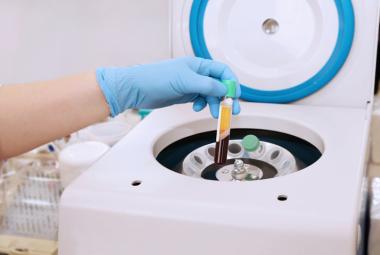A recent study has suggested that a history of not being breastfed may be associated with a higher risk of subsequent major depression in adulthood.1 In this study of 52 female and male adults with a diagnosis of major depression, there were also 106 healthy controls who never suffered depression. The authors found that 61 of 84 (72%) subjects had never reported depression, were breastfed. While only 22 of 48 (45.8%) patients with depression, had been breastfed.
The authors suggested that “no breast-feeding” was associated with a higher risk of depression in adulthood. The risk for depression was increased in formula-fed, compared to breast-fed subjects. Thus, according to the authors, formula-feeding and not age, nor gender of infant, nor maternal education was associated to depression.
According to this study:
- A history of breastfeeding may be a good indicator of mother-infant interaction, which may play a role in healthy neurobehavioral development of the infant.
- Breastfeeding may boost oxytocin-induced maternal behavior in the mother, which is stress protective.
- Composition of breastmilk might be advantageous for brain development, which may prevent depression in adulthood.
- Breastfeeding may lower the risk for development of other diseases such as hypertension, which has been shown to be associated with an increased risk of depression.
Prior research in rodents has suggested that being breastfed may be associated with a lower level of anxiety, lower stress responses, and an increased hippocampal brain-derived neurotropic factor in adult animals.2 These findings may support the hypothesis in the above study, that breastfeeding is associated with a lowered risk for depression.
Therefore this is the first report showing an association of breastfeeding and the incidence of major depression in adulthood. Although this study had limited sample size, it suggests there may be a strong association between “not being breastfed” and subsequent major depression in adulthood.
Sonia Shoukat, M.D.
Thomas W. Hale, Ph.D.
InfantRisk Center
References:
- Peus V, Redelin E, Scharnholz B, et al. Breast-feeding in infancy and major depression in adulthood: a retrospective analysis. Psychotherapy and psychosomatics. 2012;81(3):189-190
- Roth TL, Lubin FD, Funk AJ, Sweatt JD. Lasting epigenetic influence of early-life adversity on the BDNF gene. Biological psychiatry. May 1 2009;65(9):760-769







